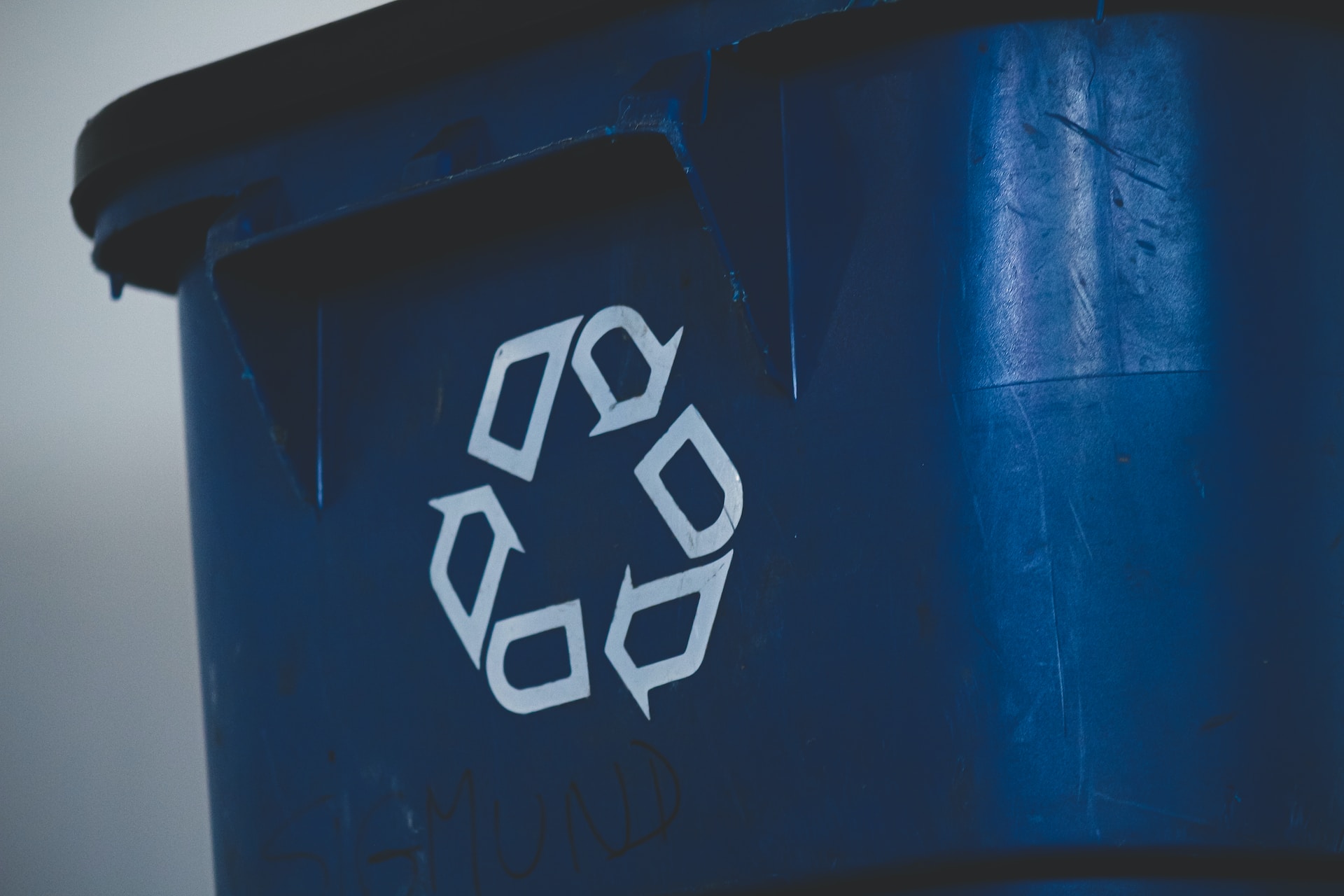Supporting a Mindset Shift on Reusability
The industrialization movement that propelled the emergence of modern life has been instrumental in lifting income levels and people out of poverty. However, this progress has come at a cost, namely the rampant spread of commercialization and consumption in society today. Individual spending on goods and services have soared in recent decades, while increased innovation and potential profits have spurred the creation of a global supply chain designed to meet consumers’ ever-growing demand for cheaper products.
The history of the smartphone’s ubiquity offers a potent example of how this happened. Just a decade ago, smartphones were prohibitively expensive for most people, with only the highest income earners able to access the technology. Over time, as more affordable phones came onto the market—in tandem with growing middle classes in emerging economies—more people were able to get their hands on smart devices.
Of course, smart devices have been key to a new paradigm of consumption. By opening the door to virtual retail options and business models, it’s easier than ever for consumers to access goods and services with a simple click of a button.
As a result, we are now witnessing the rise of an uncontrolled form of commercialization which is fueling a range of other problems such as climate change. Increased demands of customers are pushing businesses to launch more products, who in turn are increasing demand for raw materials – their supply chains are complying, leading to heightened greenhouse gas emissions (GHGs) and eventually impacting global biodiversity.
Let’s go back to the smartphone for an instant. To produce a single smartphone—now an essential for daily life—55 kilograms of carbon emissions are released into the environment. Consider the fact that 68% of the world’s population are using mobile phones as of early 2023, not to mention the fact that it’s common for people to upgrade to the latest devices within short periods of time. This example gives you a sense of the enormity of such consumption patterns on the planet and the scale of the problem facing society today. These behaviors are directly related to the sprawling landfills and open dumpsites that now litter countries all over the world.
A Shift in Recycling Trends
Thankfully, we are beginning to see a shift in consumption habits as society and individuals become more aware of the impacts of their consumption habits. Reusing older products is becoming more common. It’s been well-established that recycling is a key component of sustainability as it can save energy and conserve natural resources by relying on used products rather than newly extracted raw material. This enables the environment to recoup the used materials, thus reducing the impact on trees, oil, water and metals.
Recycling also greatly helps with reduction of GHG emissions as production of new products equates to increased use of fossil fuels, which again contributes to increased global warming.
For much of recent history, the sustainability movement has found it difficult to truly embed the importance of recycling within the business community – but that has changed in recent years as companies wake up to the opportunities posed by greener business models. Various budding startups, for example, are attracted to the recycling sector by the opportunity to innovate unique ways to address waste. UBQ Material, for one, has developed a proprietary, bio-based thermoplastic material by utilizing unsorted municipal solid waste. The novel material can be used as a substitute for plastic, concrete, wood and minerals in several ways. By diverting waste from landfills, the company is also preventing emission of methane gases and further depletion of finite natural resources.
Companies are also noticing that consumers preferences are turning towards sustainable products that have minimal to zero impact on the environment – this poses an opportunity for them to circumvent competitors by developing alternative goods. Beyond Meat is one such example, wherein the company is promoting the use of plant-based meat that is both GMO free and protein-heavy. According to one external study, one original Beyond Burger uses significantly less water, land and energy than a beef burger in the US.
Collective and Robust Partnership
These are only the tip of the iceberg. Moving forward, it’s clear that we will see more emerge from this strong pivot towards circularity and reusability as countries implement various strategies to meet their net zero targets.
Governments are already taking active interest in zero landfill and implementing various technologies in sorting solid waste for better treatment. Landfills are a major area of concern due to the risks they pose to public health and local biodiversity, as well as their long-term implications on water, food and air quality.
Some countries such as the US are already transforming municipal solid waste into energy. For every 100 pounds of solid waste generated in the US, about 85 pounds can be burned as fuel to generate electricity. We also see examples of cities looking to directly address the issue at a local level. For example, the city of San Diego in the US has implemented a Zero Waste Plan to divert 100% of garbage collected in the city from its landfill by 2040. The plan would essentially reuse and then recycle waste by turning them into energy.
The role of business will be key to ensuring these efforts are circulating among other segments of society as well. Many have committed to reducing their carbon footprint as tech giant Microsoft has, with the implementation of end-of-life programs for devices, batteries, and even packaging materials in partnership with recycling organizations globally.
Individuals are also key in this, as they provide the essential grassroots momentum needed to drive greater awareness around sustainability and conservation and push their governments to do more. Only a collective, robust framework will yield the desired results and help drive positive thinking and development in reusability.
Photo Caption: Other than having a positive impact on the environment, recycling also offers plenty of business opportunities.



